Picture a world where computers write all the code. Sounds like a sci-fi movie, right? But with the rise of artificial intelligence, this scenario might not be too far off. Will AI replace programmers? This burning question has been a hot topic in tech circles, sparking debates and curiosity.
In this post, we'll explore the potential of AI in the world of programming. From the tasks AI can already automate to the areas where human touch remains irreplaceable, we cover it all. Find out what the future might hold for the programming profession.
Whether you're a coding newbie or a seasoned developer, understanding AI's impact is crucial. Join us as we navigate through the possibilities, challenges, and opportunities that AI presents in the world of programming. Let's dive in!
Explore this post with:
Table of contents
AI: The Programmer's New Best Frenemy?
The current sentiment among programmers is a mixed bag of excitement and caution. According to a 2025 Developer Survey, while 84% of developers are integrating AI into their workflows, there's still a significant amount of distrust towards AI's reliability, with only 29% of developers trusting its accuracy. Programmers recognize AI's potential to enhance productivity but remain skeptical about its ability to replace the human touch required for complex problem-solving.
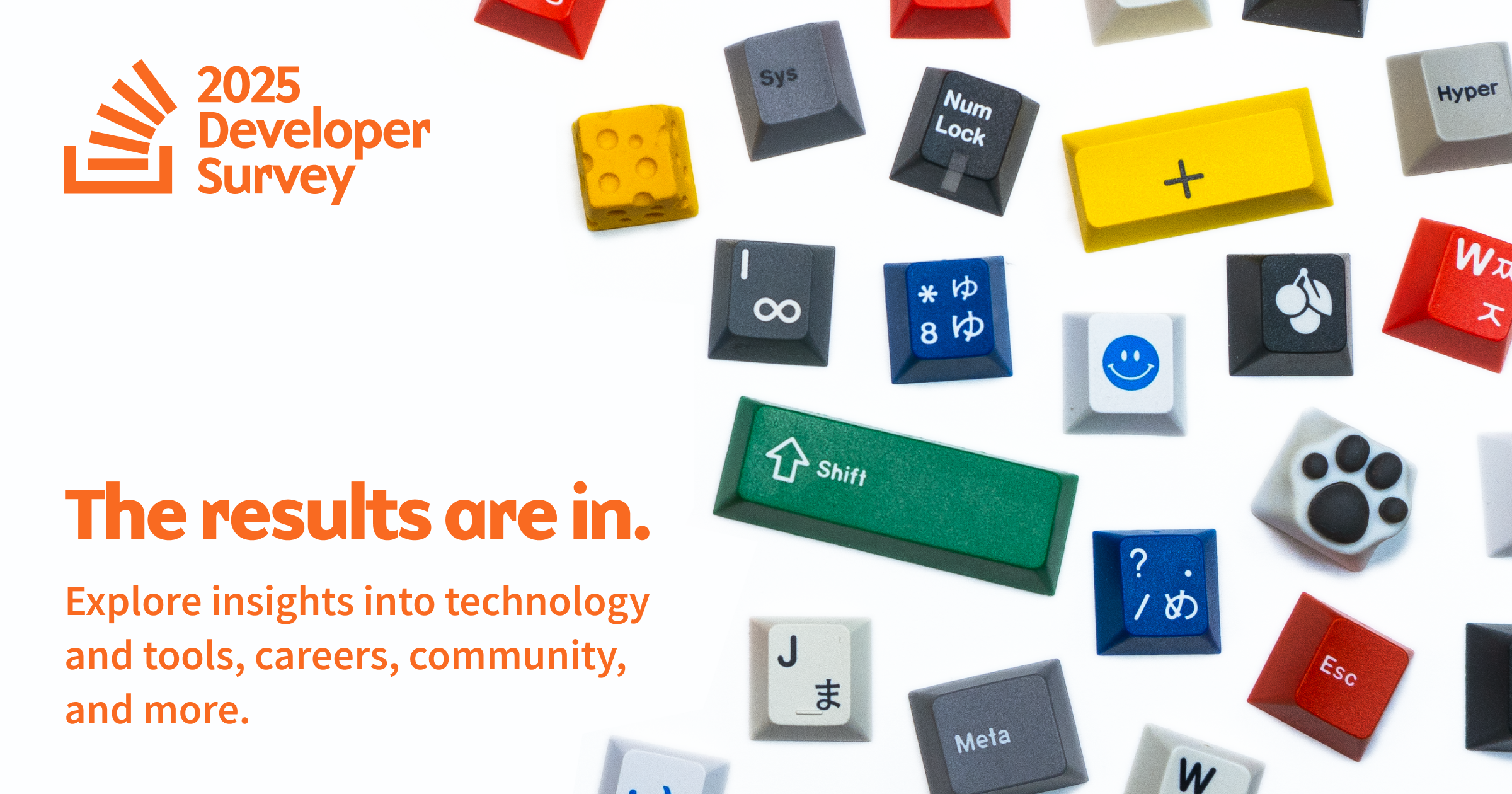
Credits: Stack Overflow
Experienced developers express concerns about AI-generated code, highlighting issues with its quality, especially in nuanced scenarios. A recent blog post by Sonar captures this sentiment, noting that AI tools often need significant oversight to avoid errors. On the flip side, some see AI as a collaborator rather than a threat, as it allows them to focus on more creative tasks while automating mundane work.
For novice programmers, AI serves as both a boon and a bane. The study titled "The Widening Gap" found that while AI can provide helpful suggestions, it can also create a false sense of competence. The general consensus is that while AI can assist, it won't replace programmers anytime soon. Instead, it challenges them to continuously adapt and evolve alongside these technological advances.
Tasks AI is Automating in Programming Roles
AI is increasingly automating repetitive tasks within programmer jobs, shifting the focus for human developers. For instance, AI tools are adept at writing tests, generating documentation like docstrings, and even creating test data. This automation leads to a notable productivity increase for developers, particularly in handling less enjoyable activities. In fact, some projects at Microsoft already see 20-30% of their code generated by AI.
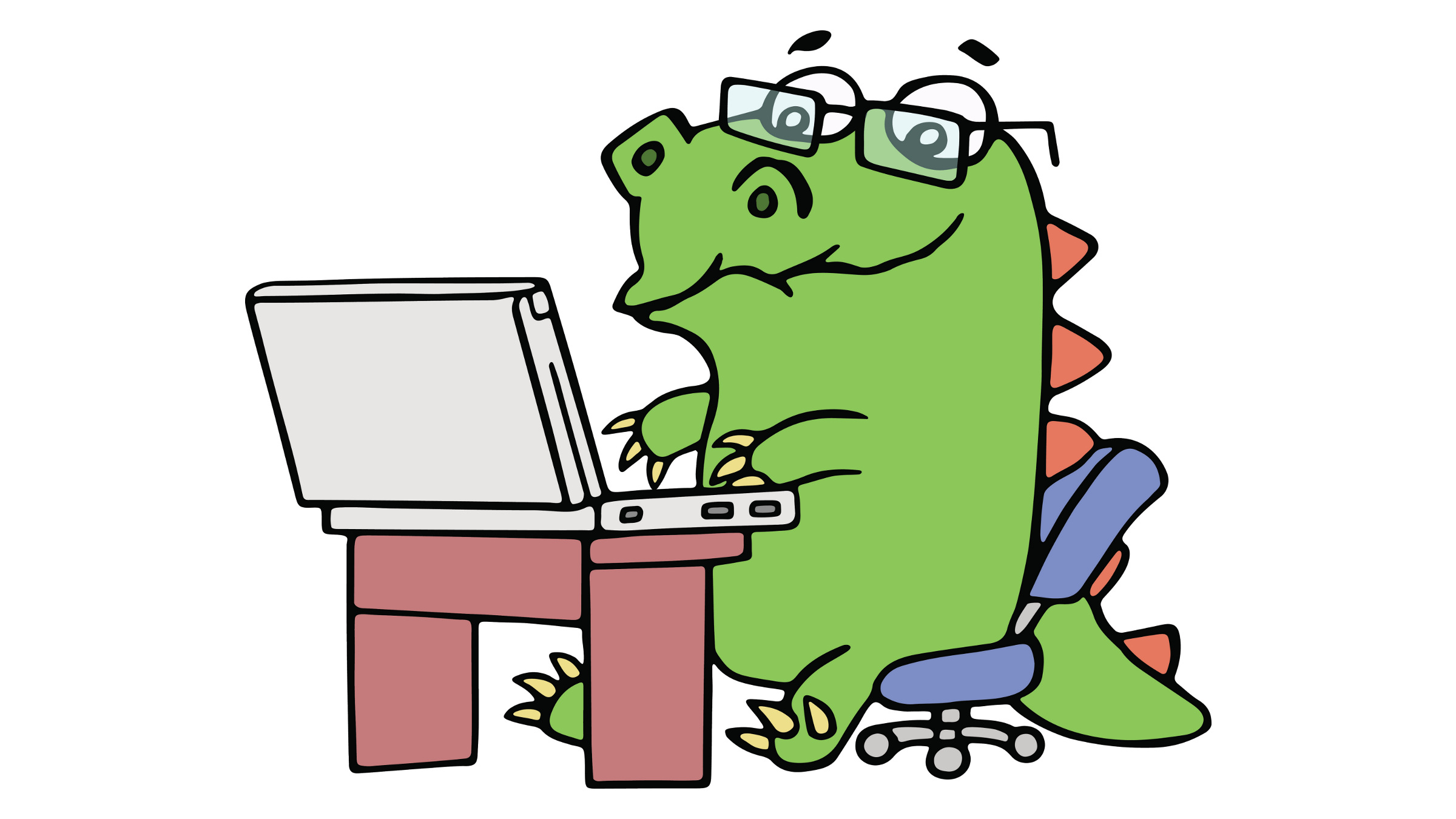
Credits: CACM / Illustration
Beyond basic code generation, AI assistants are transforming more involved aspects of the software development lifecycle. They can streamline workflows by improving debugging processes and performing large-scale tasks such as code reviews or writing internal engineering documentation. While AI acts as a powerful "intern" for constrained tasks and feature suggestions, human programmers remain responsible for the "big picture" and addressing issues like AI's occasional "hallucinations" or lack of project context. This means roles are evolving, not disappearing.
Programmer Skills AI Cannot Replicate
While AI can generate code snippets and automate routine tasks, it doesn't possess the unique human spark for creativity and complex problem-solving. Programmers act as creators, dreaming up new functionalities and user experiences that machines simply can't conjure. Think of AI as an "intern" assisting with specific tasks, yet lacking the ability to manage or envision an entire project independently, as highlighted by one programmer's experience with AI tools like Claude and cursor.ai.
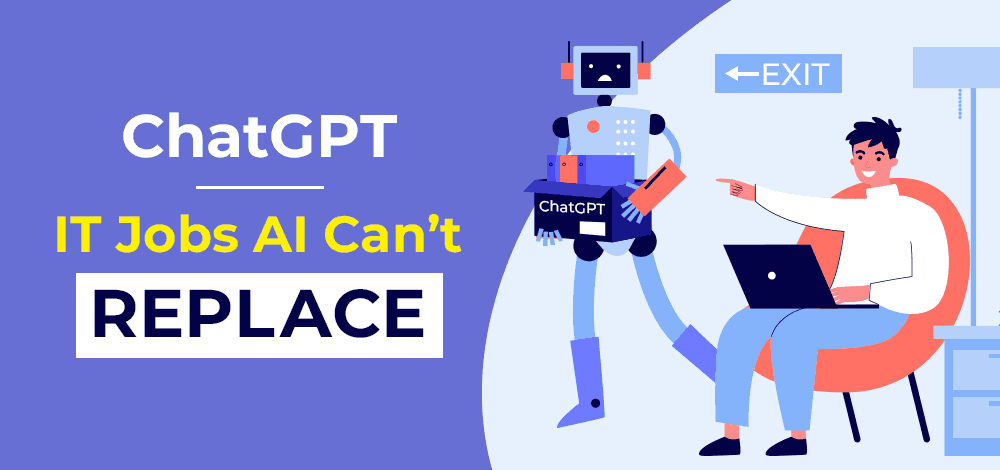
Credits: GeeksforGeeks
The job also demands deep human interaction, like understanding client requirements and collaborating with teams to gather feedback. Programmers employ critical thinking to analyze various solutions and debug complex issues, a process AI often struggles with when maintaining an overarching understanding of a project's context. Furthermore, the tech landscape constantly evolves, demanding human adaptability to new technologies and methodologies, a point emphasized by GeeksforGeeks.
Software engineering extends far beyond just writing code; it involves understanding and maintaining existing systems, a domain where AI's grasp of "program semantics" remains limited, according to research on the impact of AI on software engineering jobs. Even with AI's ability to create code, human review is necessary to ensure quality, prevent errors, and align with best practices. This oversight prevents scenarios where AI generates exciting features but "forgets" to integrate them correctly, requiring human intervention, as detailed in a CMU blog post.
Career Transformation for Programmers in the AI Era
AI tools like GitHub Copilot and ChatGPT are streamlining routine coding tasks, from boilerplate generation to basic testing. This shift allows programmers to move beyond simple code writing, focusing instead on higher-level activities like system architecture and complex problem-solving. The ability to understand and translate business needs into technical solutions is gaining importance, making strong communication skills a key asset for engineers [https://cnbc.com/2024/06/24/ai-shaping-fate-of-software-engineers-but-there-is-new-way-to-succeed.html].
To adapt, programmers should master AI-augmented coding and prompt engineering, integrating AI tools into their workflows. Developing skills in data privacy for AI and critically reviewing AI-generated code are also significant [https://ldi.njit.edu/ai-literacy-white-paper]. A firm understanding of computer science fundamentals remains relevant, complemented by knowledge of AI building blocks such as Retrieval-Augmented Generation (RAG) and agentic workflows.
The landscape demands continuous learning, encompassing both technical and human skills. Programmers must stay updated on new AI advancements and methodologies, fostering an adaptable mindset [https://arxiv.org/abs/2506.00202]. By focusing on these areas, professionals can secure their relevance and unlock new career opportunities in an AI-driven future, where human-AI collaboration defines development workflows [https://forem.com/deepakgupta/how-ai-is-transforming-developer-jobs-a-practical-guide-to-thriving-in-the-ai-powered-workplace-4289].
Current Job Market for Programmers in the US
The job market for programmers in the U.S. has been experiencing a significant shift, with job postings currently down approximately 36% compared to early 2020 levels, according to a report from HiringLab. This decline follows a hiring boom in 2021 and 2022, after which widespread layoffs and hiring freezes took place, particularly impacting roles not associated with AI. Despite these challenges, demand remains strong for experienced developers proficient in artificial intelligence, with Indeed tracking a steady increase in AI-related job postings, emphasizing the growing importance of these skills.
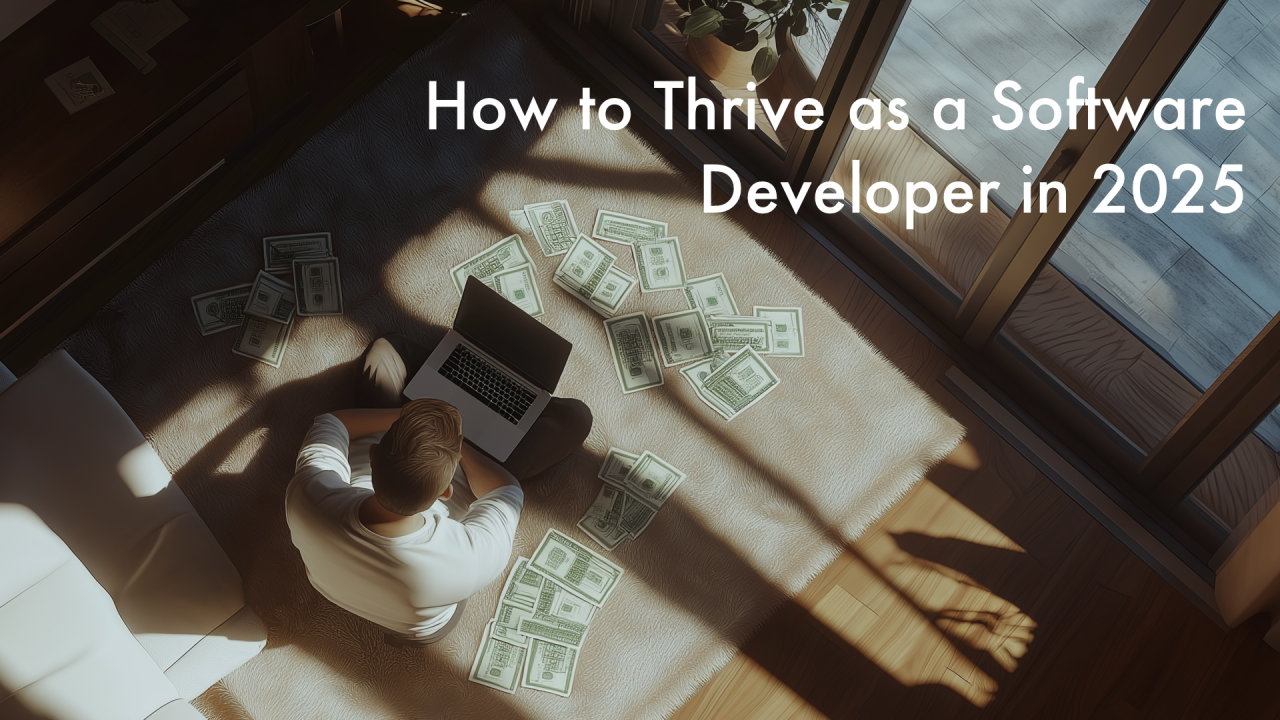
Credits: LinkedIn
Moreover, the software development sector is projected to grow by 17% from 2023 to 2033, adding roughly 327,900 new jobs, as noted in a recent CompTIA report. Notable growth areas include full-stack developers, AI/ML engineers, and DevOps roles. Employers are becoming more selective, prioritizing candidates with relevant experience and AI capabilities, showcasing a shift toward specialized skill sets as companies adapt to technological advancements.
Is Programmer AI safe?
The question of whether programmers are safe from AI is more about adaptation than replacement. While AI tools can automate repetitive tasks and assist with coding, they lack the ability to grasp the broader context and complex decision-making necessary for software development. According to Coursera, AI is more like a helpful intern than a replacement for experienced developers, enhancing productivity rather than eliminating the need for human oversight.
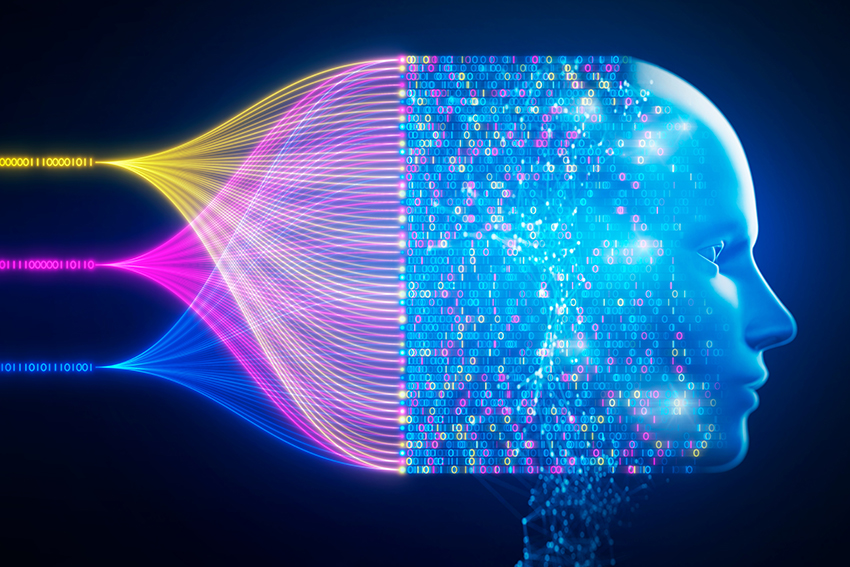
Credits: Photo by UC San Diego Extended Studies
Moreover, the evolving tech landscape is creating new roles that combine programming with AI oversight and collaboration. As highlighted by Relevant Software, while some routine tasks may be automated, the demand for programmers who can integrate AI into development processes is growing. The consensus among experts suggests that instead of fearing AI, programmers should embrace it as a tool to boost creativity and problem-solving capabilities.
Hiring Programmers? Here's what to look for in the AI era.
The programming world is changing, with AI tools now a common part of daily work. Look for candidates who understand generative AI models and can leverage AI assistance for software development; skills like prompt engineering are becoming highly valued. This shift means focusing on problem-solving and adaptability, as developers need to learn new technologies and work alongside AI assistants like GitHub Copilot.
Finding these new and traditional skills can be tricky. Adaface tests offer a clear way to evaluate actual abilities beyond a resume. Our Generative AI Test confirms understanding of AI concepts, while the Computer Programmer Coding Aptitude Test screens for core programming and technical reasoning skills objectively. This helps you pinpoint top talent ready for modern development.
Prompt Engineering Test
Generative AI Test
Computer Programmer Coding Aptitude Test
Unlocking New Heights: AI's Promise for Programmers
Forget the sci-fi scares! AI isn't here to take over; it's here to supercharge your programming journey. Think of AI as your smartest assistant, handling repetitive tasks like code generation or bug detection, freeing you for truly inventive problem-solving. This shift creates new opportunities, with predictions that 80% of engineers will upskill by 2027 to thrive in evolving roles like AI development and machine learning Source 1.
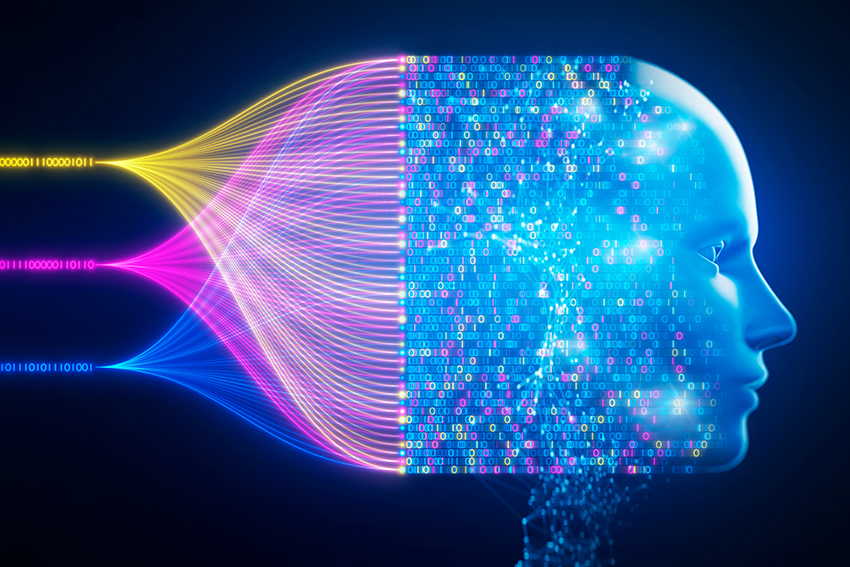
Credits: UC San Diego Extended Studies
For those currently coding, this means embracing new skills to guide AI and tackle bigger challenges. For employers, it means fostering a workforce that delivers innovative solutions faster and with higher quality, making the programmer role more strategic. The future involves collaboration, where human ingenuity and AI capabilities combine to push boundaries. With AI projected to add a whopping $15.7 trillion to the global economy by 2030, it's clear that opportunities abound for those ready to adapt and build amazing things together.

40 min skill tests.
No trick questions.
Accurate shortlisting.
We make it easy for you to find the best candidates in your pipeline with a 40 min skills test.
Try for freeRelated posts



